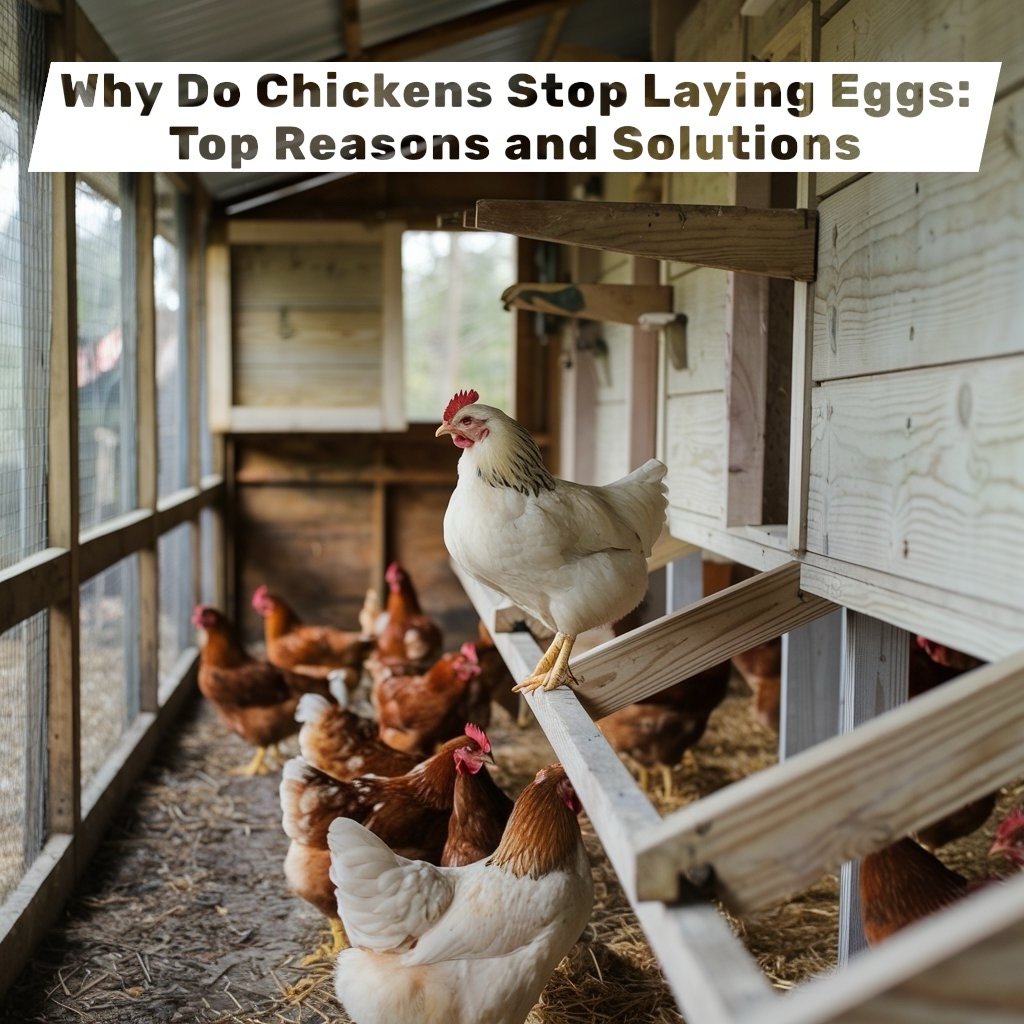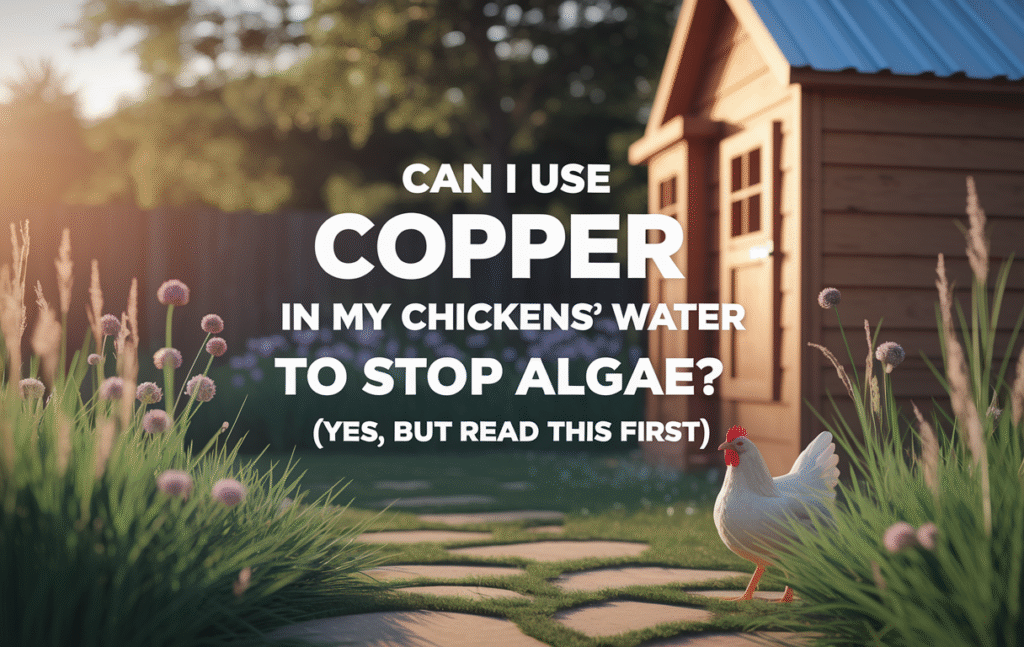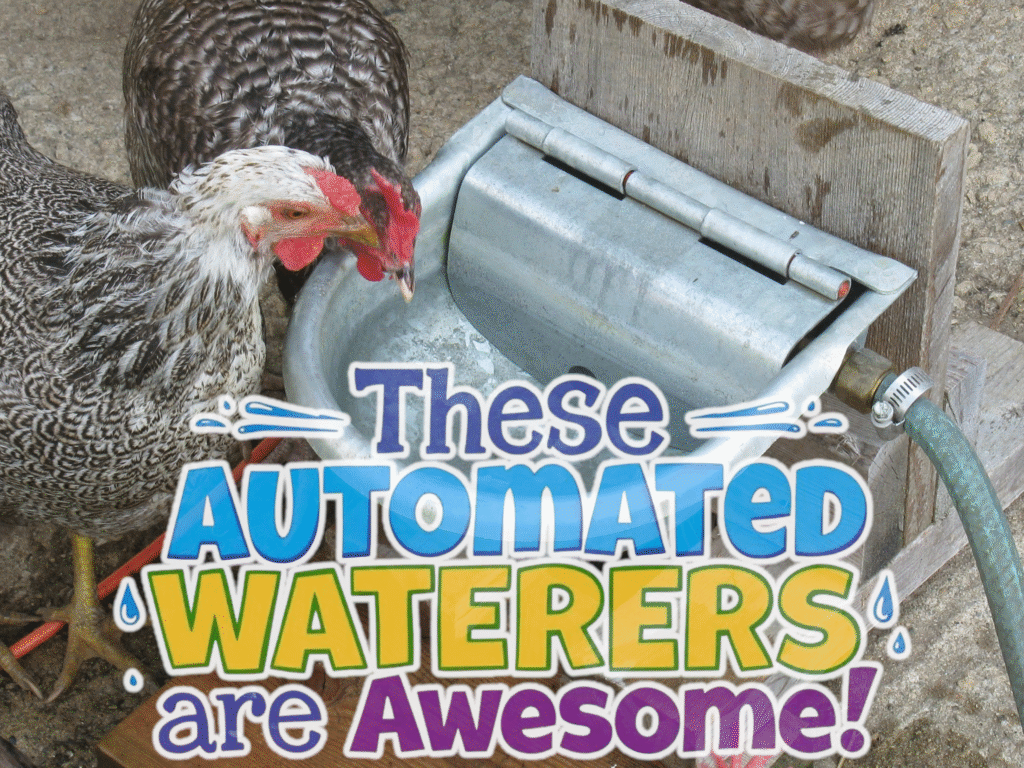Let’s Talk: Real Reasons Your Hens Hit Pause on Eggs
If you’re here because you’re staring at empty nesting boxes and wondering, “why do chickens stop laying eggs?” you’re in good company. I’ve raised chickens for decades through blizzards, heat waves, molts, and mystery slumps. I’m still humbled every time a hen reminds me that laying is nature’s schedule—not mine.
In this guide, I’ll walk you through the biggest reasons production dips, the subtle signs to watch for, and what to fix first. I’ll share the exact steps I take when egg numbers drop, plus real-world gear and tweaks that have saved my flock more than once.
You’ll find this is not just about feed or daylight. Chickens are sensitive creatures. The answer to “why do chickens stop laying eggs” can be a mix of age, stress, nutrition, weather, parasites, bad water, or simply a broody mood. The good news: most issues are solvable, fast.
Know the Normal: Understanding a Hen’s Laying Rhythm
Before we fix problems, let’s set expectations.
– Age: Production typically rises between 6–8 months (breed-dependent), peaks in year one, and gradually tapers off after year two or three. If you’re unsure about the ramp-up phase, here’s a helpful refresher on when chickens start laying eggs.
– Breed: High-output breeds like leghorns lay more consistently than fancy or heavy breeds. Dual-purpose birds are steady, but not machines.
– Daylight: Hens are light-driven. Short days mean fewer eggs. Most birds need 14–16 hours of light to lay optimally.
– Molting: Once a year (often in fall), hens drop feathers and invest protein into regrowth. Egg production pauses. This is normal. Feed quality and protein support make a big difference during molt.
– Stress and change: A new coop, predator scare, a bully bird, or even construction noise can knock them off schedule for days or weeks.
So when you ask “why do chickens stop laying eggs,” sometimes the answer is simply, “because they’re chickens.” But often there’s a fix you can act on today.
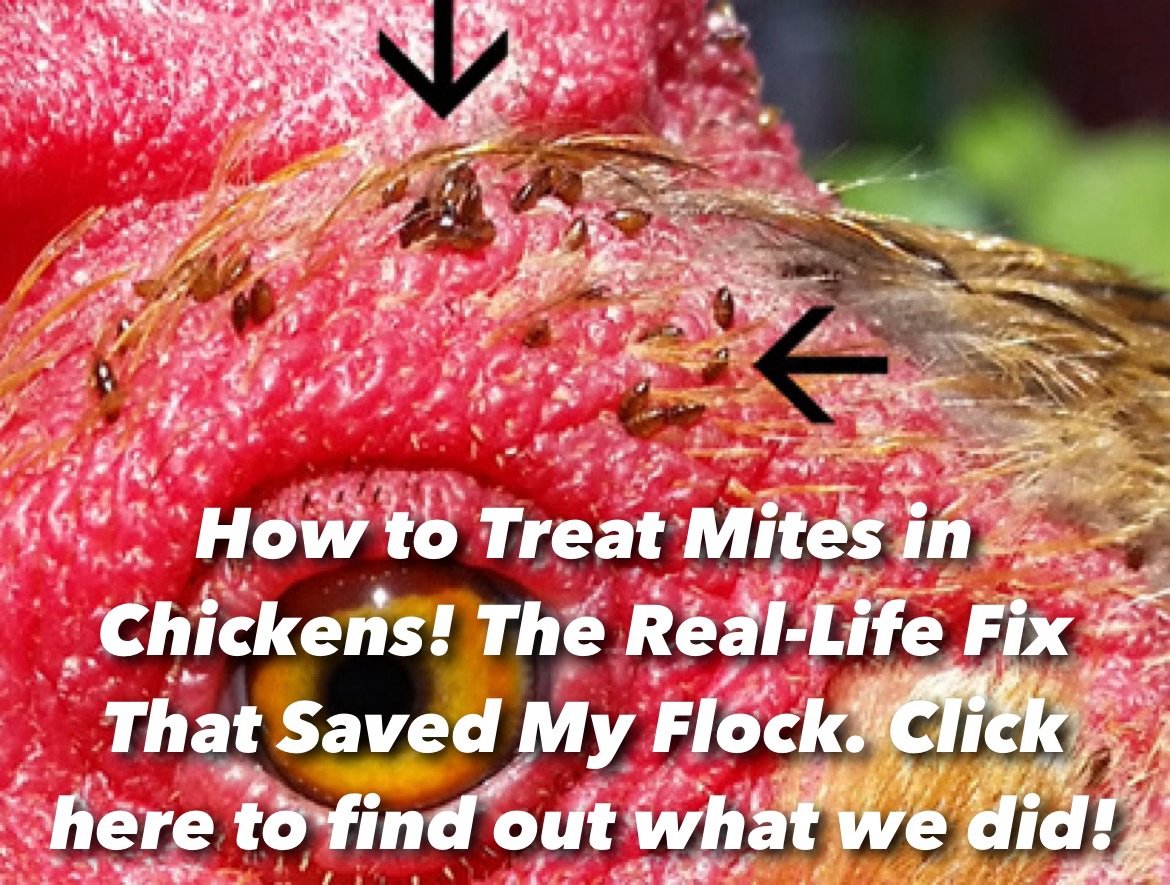
Seasonal Swings: Daylight, Molt, and Weather Woes
Shorter days are the number-one seasonal reason for dwindling eggs. If you don’t want to add supplemental lighting, that’s okay; let your flock rest. If you do add light, use a low-watt bulb on a timer to extend morning light, and keep bedtime dark so they roost naturally.
Cold is less of an issue than we think. Healthy hens handle cold surprisingly well if they’re dry, out of drafts, and well-fed. Heat stress, on the other hand, can stop laying fast. Shade, electrolytes, and cool water are key.
– Winter water matters: If water freezes, that alone can halt laying. A simple fix is a heated bowl. Here’s the heated water bowl that saves my flock every winter. For more DIY options, this guide on how to keep chickens’ water from freezing is practical and budget-friendly.
– Heat and electricity-free solutions: If you prefer not to run power, these ideas on keeping chickens warm in winter without electricity will keep your flock comfortable without turning your coop into a fire hazard.
– Do chickens need heat in the winter? Usually, no. For a nuanced perspective (and when heat might help), see do chickens need heat in winter.
Nutrition: Protein, Calcium, Grit, and Real-World Feeding
Poor nutrition is a common reason “why do chickens stop laying eggs.” It sneaks up when we dilute balanced feed with too many treats or scratch.
– Base feed first: A quality layer feed around 16% protein (18% during molt or recovery) is your foundation.
– Calcium: Laying pulls a lot of calcium. Even if shells look okay, a calcium boost can bring production back online and improve shell quality. I’ve seen fast results—this approach to stronger eggs with oyster shells in a week is a reliable method. Pair it with a smart dispenser like a two-in-one oyster shell feeder. If you’re unsure what to offer, here’s a simple breakdown of grit vs. oyster shell and whether you need both.
– Grit: Essential for digestion if your birds don’t have access to small stones outside. Without it, they can’t process feed well, which can lead to a drop in laying. If you need a quick recommendation, here’s the best chicken grit for adult layers I’ve had success with.
– Protein treats: Mealworms are great in moderation but can throw off balance if overused. If you’re curious about adding them safely, start with this primer on feeding mealworms to chickens—the benefits and the warnings.
– Clean water: A hen will skip laying before she drinks dirty water. Algae and slime build fast in warm months. If you’ve wrestled with green waterers, this guide on stopping algae the easy, natural way is gold. Some folks ask about copper—there’s a detailed take on whether to use copper in chicken water to stop algae.

Health Checks: Parasites, Illness, and the Telltale Comb
Another core reason “why do chickens stop laying eggs” is health. Hens won’t lay if their bodies are fighting something.
– External parasites: Mites and lice drain energy and blood. You might see pale combs, weight loss, scruffy feathers, scabs on the legs, or a creepy-crawly in the vent area. My no-nonsense approach is spelled out here: how to treat mites in chickens (the real fix that saved my flock).
– Internal parasites: Worms can suppress appetite and eggs. A fecal check with a vet is the cleanest way to diagnose, but watch for diarrhea, weight loss, and lethargy. Treat as advised and refresh bedding thoroughly.
– Comb clues: A bright, plump comb usually signals a laying hen. A droopy or pale comb can mean dehydration, anemia, heat stress, or illness. Here are 7 reasons a chicken’s comb goes floppy and what to do.
– Hydration and electrolytes: During heatwaves or illness recovery, short stints of electrolytes can help. Always return to clean water afterward.
Coop Setup, Nesting Boxes, and Egg-Eating Troubles
A messy coop or poorly placed nesting boxes can be the quiet answer to “why do chickens stop laying eggs.”
– Nesting boxes: Aim for one box per 3–4 hens, placed lower than roosts, with soft bedding and low light for privacy. If you’re tired of egg hunts, here’s the nesting box setup that finally ended the egg hunt for me.
– Poop in boxes: Hens that sleep in nesting boxes make a mess and discourage layers. Adjust roost placement, add poop boards, and block boxes overnight if needed. Practical fixes here: how to stop chickens from pooping in nesting boxes.
– Egg eating: A broken egg can teach a bad habit fast. Collect frequently, offer calcium, and reduce stress. Ceramic eggs can retrain peckers and encourage laying in the right spot—this is why I swear by ceramic eggs for chickens. If you need a deeper dive, start with why chickens eat eggs and how I finally stopped it.

Broodiness, Flock Dynamics, and Nighttime Drama
A broody hen is a biological switch: once “on,” she’ll stop laying and sit on a nest all day. You’ll notice puffed-up feathers, dinosaur noises, and a firm refusal to budge. Breaking broodiness quickly helps get eggs flowing again—cooling the nest, removing eggs promptly, or using a separate broody breaker crate for a few days can do the trick.
Pecking order matters, too. Bullies at the feeder can starve timid hens. Make sure you have multiple feeding and watering stations. Sudden changes—like adding new birds—often translate to a temporary production drop. Take introductions slowly, with see-but-don’t-touch barriers at first.
Roosters don’t stop laying (ha!), but they can stress a flock if overzealous. Too many roosters can also increase hen injuries. If nighttime crowing is adding stress to your household (ask me how I know), these tips on why roosters crow at night and how to calm them can restore some peace.
Water Systems That Actually Help Hens Lay
I’ve watched egg counts dip simply because waterers went slimy or birds couldn’t access enough fresh water. Hydration directly impacts egg production.
– Automatic waterers: Consistent access and less contamination usually mean happier layers. I’ve had great success with this auto chicken waterer I wish I’d bought sooner. If you’re shopping around, these automatic chicken waterers are worth a look.
– DIY options: For a budget-friendly and dependable setup, here’s a solid plan for a DIY 5-gallon chicken waterer that holds up to daily use.
– Algae and cleanliness: As mentioned earlier, clean water is non-negotiable. If you’ve been wondering about additives, this piece on copper in chicken water covers the pros and cons so you can decide what’s best for your flock.
Free-Range Freedom: Benefits and Hidden-Egg Surprises
I love the way hens light up when they get to roam. Free-ranging can reduce feed costs and enrich their diet.
– Nutrition boost: Birds that roam often produce richer eggs. You can even see nutritional advantages like up to 2x more Omega-3s than store eggs. Plus, a single chicken can down a shocking number of pests—around 80 bugs per day.
– Feed savings: If budget is on your mind, you’ll appreciate how free-ranging can cut feed costs by up to 50%.
– Hidden nests: The downside? Hens sometimes stash eggs under shrubs, in hay bales, or behind the compost pile. If you’re asking “why do chickens stop laying eggs,” sometimes they haven’t stopped—they’ve gone stealth. Keep them penned until late morning so they lay in boxes, then let them roam.
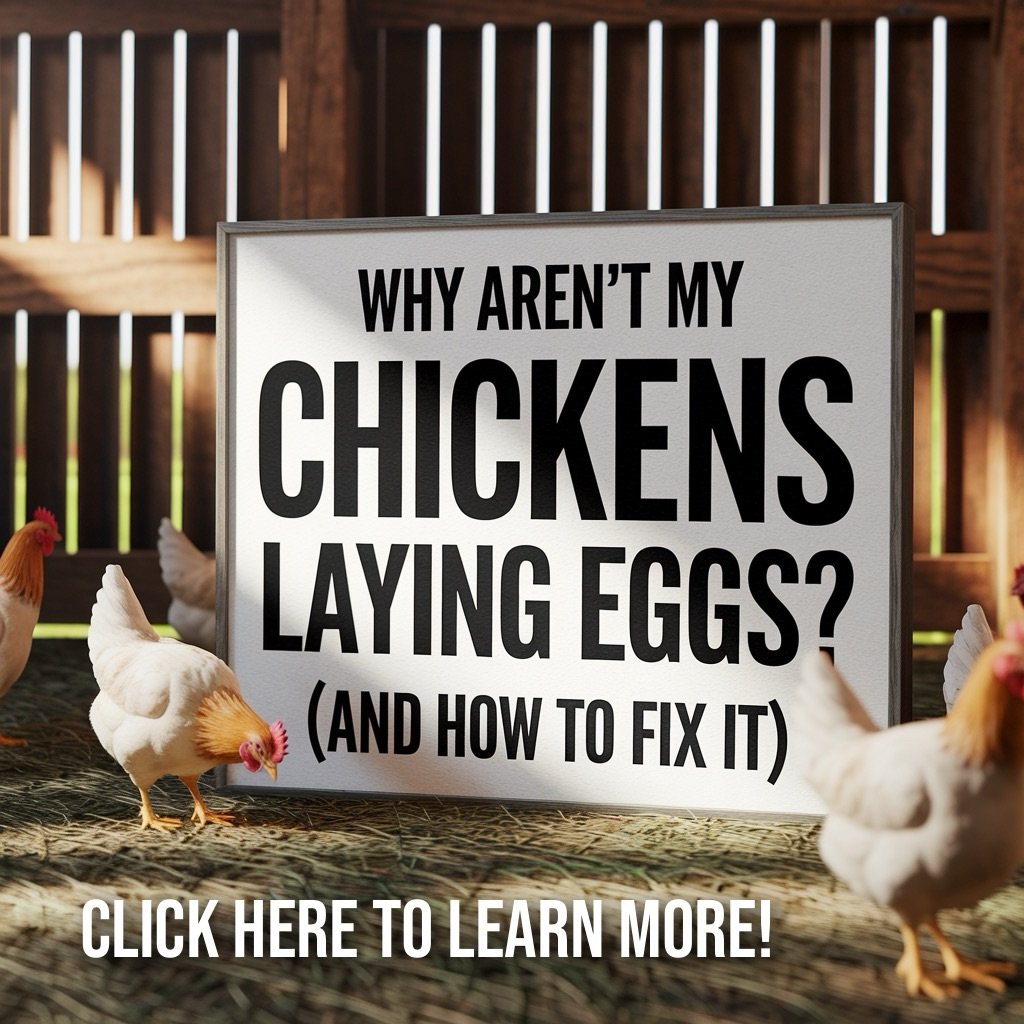
Aging Out Gracefully: When It’s Just Time
Even with great care, older hens naturally slow down. Around year three, you might see notable drops. Some birds become “nest box cheerleaders,” hovering while others lay, but rarely contributing.
I keep many retired hens because they still earn their keep: pest control, fertilizer, and a whole lot of farm charm. If eggs are a must, stagger your flock by adding new pullets each year so production stays steady overall.
My Step-by-Step Troubleshooting Checklist
When I notice a drop, I run this list—calmly and methodically. It’s my go-to for answering “why do chickens stop laying eggs” without guessing.
1) Check the calendar
– Are days shorter? Are they molting? Did temps swing hard?
– Action: Decide whether to provide supplemental light. Boost protein during molt.
2) Inspect health and hydration
– Comb bright or pale? Any lethargy, diarrhea, or weight loss?
– Action: Look for mites/lice; treat if needed. Refresh all water immediately.
3) Audit feed and calcium
– Are you feeding balanced layer feed first, treats second?
– Action: Offer free-choice oyster shell; confirm grit availability. Adjust protein.
4) Evaluate stress and flock changes
– New birds, predators nearby, or coop renovations?
– Action: Reduce stressors; add hiding spots and extra feeders/waterers.
5) Nesting box check
– Are boxes clean, private, and inviting?
– Action: Refresh bedding; add curtains if needed; consider ceramic eggs to encourage laying where you want.
6) Water system overhaul
– Is algae present? Are waterers placed where hens actually drink?
– Action: Clean or upgrade; consider an auto waterer or heated bowl in winter.
7) Free-range or hiding eggs?
– Are you sure they’re not laying elsewhere?
– Action: Keep hens in until mid-morning to encourage box laying; then let them roam.
8) Age and breed reality check
– Are many birds older than two or heavy breeds known for slower output?
– Action: Add a few pullets to stagger production long-term.
For deeper guides in one place, I recommend this comprehensive overview on why your chickens stopped laying and what you can do and this problem-solver on why hens aren’t laying and how to fix it.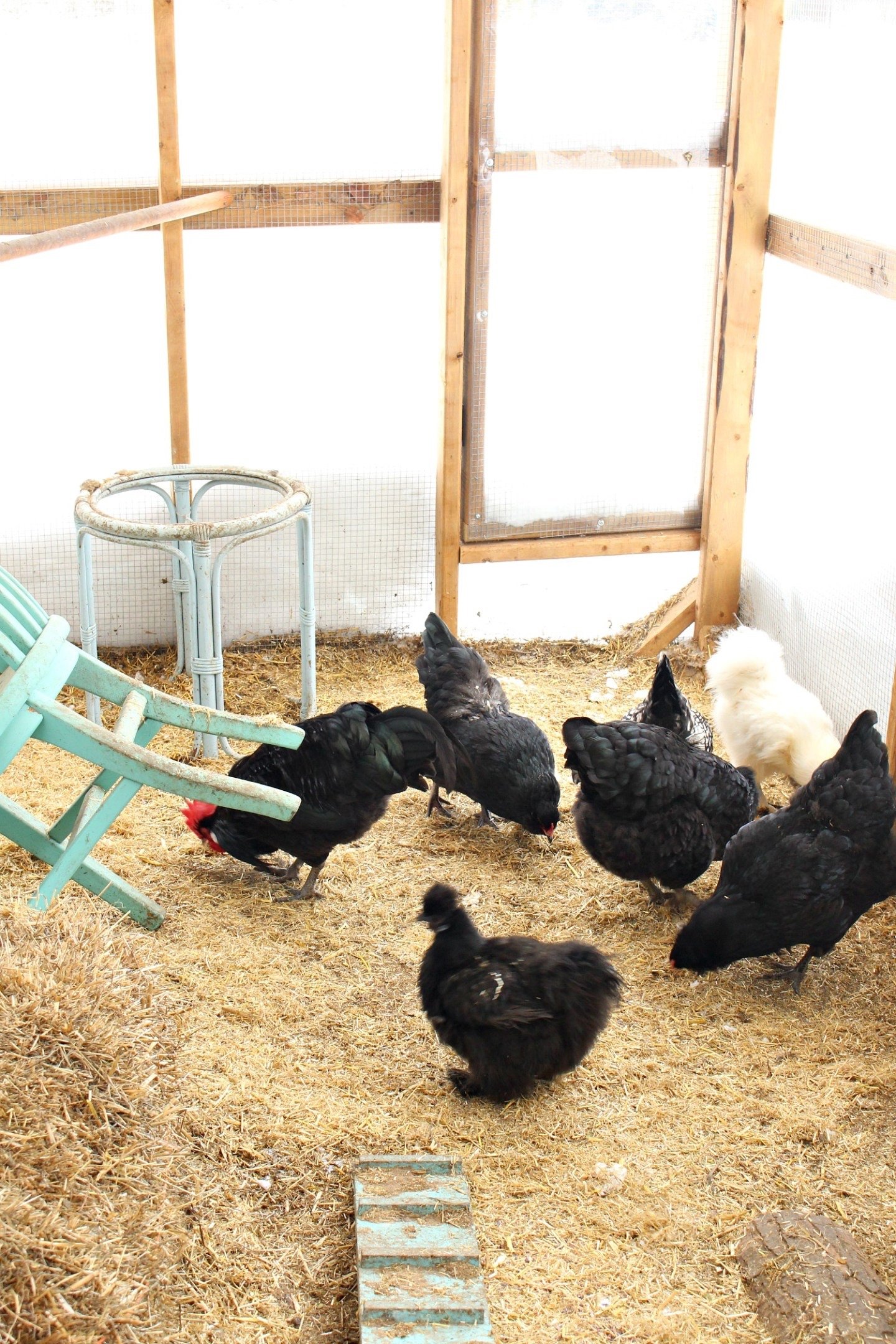
Water, Again—Because It’s That Important
I’m looping back because water issues are so often the hidden culprit behind “why do chickens stop laying eggs.”
– Clean daily in summer; every other day in shoulder seasons.
– Keep water in the shade to slow algae growth.
– Rinse, scrub, and rotate—owning two waterers makes cleanouts easier.
– If you’re fighting constant algae, try the easy tips in this algae prevention guide.
When the Problem Is You (and That’s Okay)
I’ll be honest: almost every time I’ve wrestled with “why do chickens stop laying eggs,” I eventually found something I did (or didn’t do). Too many treats. Skipped water changes. Let the coop get busy and bright. Forgot oyster shell. We’re human. The hens forgive us—especially when we fix it fast.
Here’s what I try to embody:
– Consistency without rigidity
– Observing small changes before they become big problems
– Providing more than enough: water stations, feeders, nest boxes, roost space
– Letting nature lead during molt and seasonal shifts
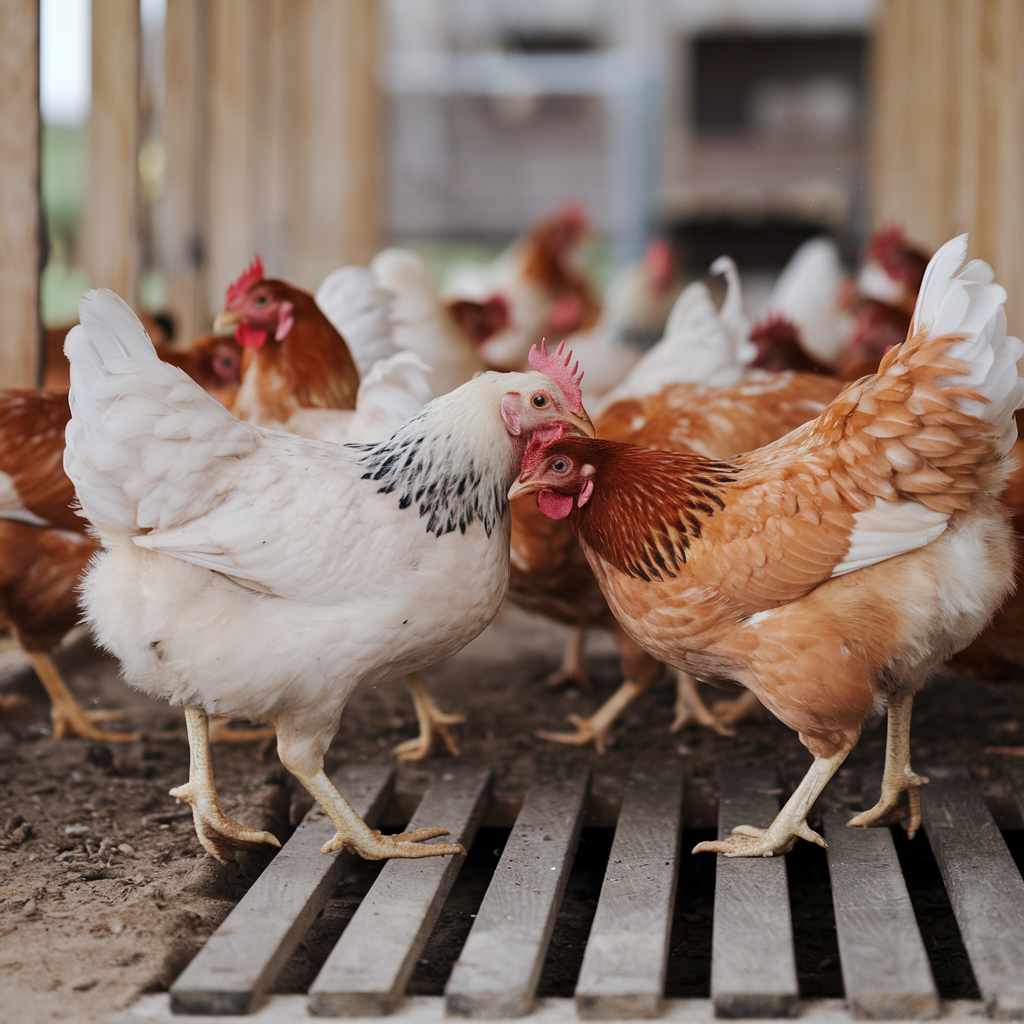
Quick Answers to Common “Why Did My Hens Stop?” Questions
– How long after molt will laying return?
Usually 2–8 weeks, depending on age, breed, and nutrition. Extra protein helps.
– Will adding heat in winter make them lay?
Not necessarily. Light matters more. Focus on dryness, ventilation, and clean water. Read the balanced take in do chickens need heat in winter.
– How much calcium should I offer?
Provide free-choice oyster shell at all times. Hens will self-regulate. This simple upgrade to boost shell quality quickly is worth it.
– Can stress from predators stop laying?
Yes. Even a nighttime raccoon visit can pause production for days. Secure the coop, add motion lights, and check fencing.
– What about water system upgrades—do they really help?
Absolutely. Fewer spills and cleaner water mean more consistent hydration. I’ve seen smoother laying with reliable automatic waterers.
– Could they be eating their eggs?
Yes, especially if shells are thin or eggs break in the box. Collect often, offer calcium, and consider these egg-eating fixes.
A Gentle Nudge to Wrap Up: You’ve Got This
If you’re still wondering “why do chickens stop laying eggs,” remember that hens aren’t machines. They’re small, feathery miracles with rhythms we learn to respect. Most laying slumps have a simple root: light, molt, stress, water, nutrition, health, or hiding.
Start with the basics:
– Clean, abundant water (consider an auto waterer or a DIY 5-gallon setup)
– Balanced feed first, treats second
– Free-choice oyster shell and proper grit
– Inviting nesting boxes and a calm coop
– Watch for parasites and treat promptly
– Respect seasonal slowdowns, support molting birds
You’ll be amazed how quickly eggs return when you hit the fundamentals. And if you want a companion guide to bookmark, this is the one I still share with friends: why your chickens stopped laying and what you can do.
From one chicken keeper to another: don’t lose heart. The eggs will come back—and when they do, they taste even better for the journey.
As an Amazon Associate we earn from qualifying purchases through some links in our articles.

